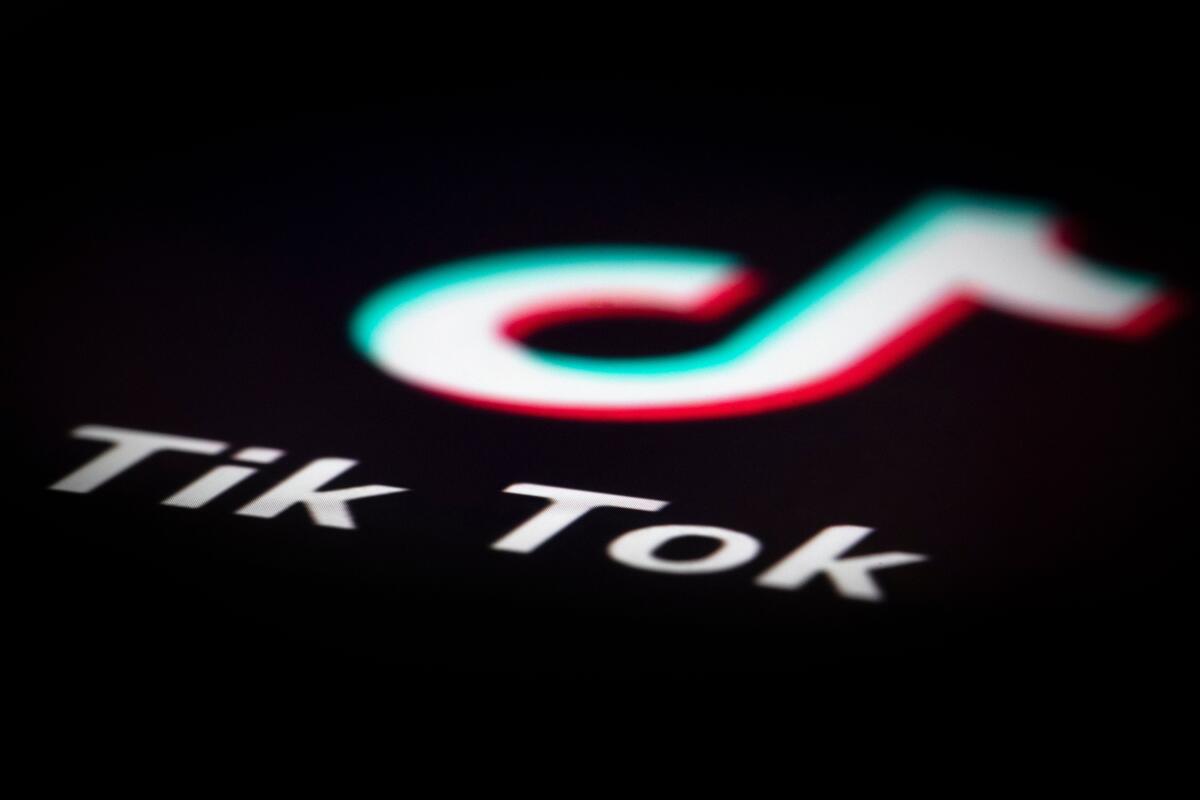TikTok funneled personal data to China, lawsuit alleges

A California college student is suing TikTok, alleging that the viral video service run by social media giant ByteDance Inc. secretly funneled her personal information to China while using her videos to create an online profile for targeted ads.
The lawsuit, filed last week in the Northern District of California by Misty Hong of Palo Alto, alleges that Culver City-based TikTok harvested her videos, gathered personally identifiable information and then transferred that information to servers in China, ByteDance’s home country. TikTok did so without her consent, her lawyers said in a filing that didn’t provide evidence to back up the allegations.
The suit seeks class-action status.
ByteDance, the world’s most valuable start-up, has come under fire in recent months from U.S. politicians as well as its mainly teenage users alike. U.S. lawmakers have expressed concern about the app’s growing popularity. Officials are reviewing whether ByteDance’s $1-billion acquisition of start-up Musical.ly two years ago, which created TikTok, poses a national security risk.
And more recently, TikTok ignited a furor for suspending the account of New Jersey teenager Feroza Aziz for posting a series of videos that rebuked China’s treatment of Uighur Muslims. The company later restored the account and blamed a “human moderation error.”
A ByteDance representative had no immediate comment on Hong’s lawsuit.
“TikTok’s lighthearted fun comes at a heavy cost,” the suit says. “TikTok unjustly profits from its secret harvesting of private and personally identifiable user data by, among other things, using such data to derive vast targeted-advertising revenues and profits.”
The TikTok app has taken off among U.S. teens but has become a lightning rod for criticism as tensions rise between the U.S. and China over trade and technology. One of the few Chinese internet services to catch on globally, it has been installed by about 564 million users so far this year and about 1.45 billion times since launching. New U.S. users grew 38% to 11.6 million in the third quarter, according to Sensor Tower, up from 8.4 million a year earlier.
The app is a bona fide rival to Facebook and Instagram. Facebook Inc. Chief Executive Mark Zuckerberg sounded the alarm during a speech at Georgetown University in Washington in October, saying that although WhatsApp, the encrypted messaging app his company owns, is used around the world by protesters and others who need free speech protections, TikTok doesn’t offer that.
In the lawsuit, Hong accuses the app of violations of privacy, data fraud and unfair competition.
“TikTok clandestinely has vacuumed up and transferred to servers in China vast quantities of private and personally identifiable user data that can be employed to identify, profile and track the location and activities of users in the United States now and in the future,” her lawyers wrote in the filing.






